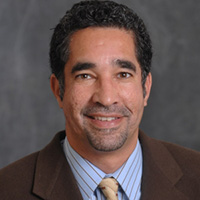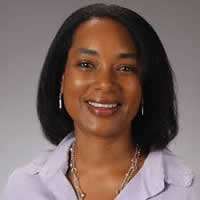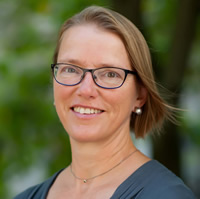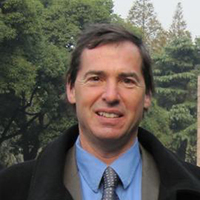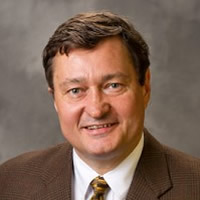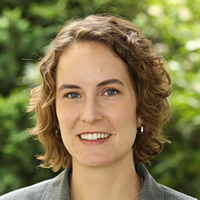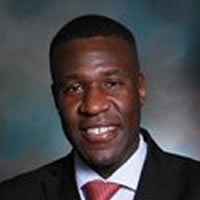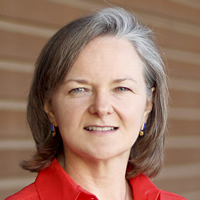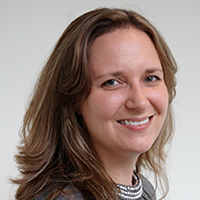This network explores links among geographic location, poverty, and inequality; deep and concentrated poverty in diverse contexts; interactions between race and geography/location with respect to poverty; locational approaches to addressing poverty and inequality.
Co-Leads
Members
Uma Ahluwalia
Uma S. Ahluwalia is a Principal at Health Management Associates. She previously served as director of the Montgomery County, Maryland Department of Health and Human Services. During her 12-year tenure she led implementation of the Affordable Care Act, oversaw the move to a more integrated and interoperable health and human services enterprise, and managed public-private partnerships and programs. Over a 25-year career in human services, she has progressively moved from case-carrying social work to executive leadership at the state and local levels.
Alan Berube
Alan Berube is senior fellow and deputy director at the Brookings Institution Metropolitan Policy Program. In this role he coordinates and amplifies research from across Brookings Metro on how to strengthen economic opportunity in regions, cities, and communities. He has also authored dozens of Brookings publications on economic and demographic trends in metropolitan areas, social policies affecting families and communities, and the role of cities in a globalizing economy. Prior to joining Brookings in 2001, Alan was a policy advisor in the Office of Community Development Policy at the U.S. Treasury Department, and a researcher at the Center on Budget and Policy Priorities.
Camille Busette
Camille Busette is director of the Brookings Race, Prosperity, and Inclusion Initiative and a senior fellow in Governance Studies, with affiliated appointments in Economic Studies and Metropolitan Policy. Busette has dedicated her career to expanding financial opportunities for low-income populations. She has previously held roles at the Consultative Group to Assist the Poor (CGAP), the Consumer Financial Protection Bureau, the Center for American Progress, and at EARN, a provider of micro savings services to low income families in the U.S. Her private sector experience includes roles as the Deputy Director of Government Relations for PayPal, the Head of the Consumer Data Privacy function at Intuit, and the Director of the Consumer and Market Research division at NextCard.
Elizabeth Kneebone
Elizabeth Kneebone is the Research Director for the Terner Center for Housing Innovation at the University of California, Berkeley. Elizabeth’s research expertise includes trends and dynamics in the geographic concentration and distribution of poverty in the United States, and how the built environment, housing, and land use policies shape access to economic opportunity. Before joining the Center, Elizabeth was a Fellow at the Brookings Institution’s Metropolitan Policy Program, where most recently she led the Program’s work on regional solutions to increase and diversify housing options in higher opportunity and priority redevelopment areas. She also has researched and written extensively on urban and suburban poverty, and is co-author of the book Confronting Suburban Poverty in America (Brookings Press, 2013).
Art McCoy
Art McCoy is Superintendent of Schools at Jennings School District (Jennings, Missouri), President and Founder of SAGES (Severing the Achievement Gap in The Education of Students) Consulting, and an associate adjunct professor of education at the University of Missouri-St. Louis. He has previously served as Chief Academic Officer at the Center of Innovations in Education DBA Base 11 and at MIND Research Institute. He serves on several boards, including for the Greater St. Louis Area Council of the Boy Scouts of America, the Urban League of Metropolitan St. Louis, and Ranken Technical College Board of Trustees.
Joe Neri
Joe Neri is president and CEO of IFF, a community development financial institution (CFDI) based in the Midwest. Neri leads a staff of over 90 loan officers, project managers, owners representatives, developers, researchers, and other professionals. After joining IFF in 1997, Neri created the Real Estate Services and Research divisions. Before joining IFF, Neri was associate director of The Resurrection Project, a nationally recognized Chicago community development corporation that he helped to create. Neri serves on the boards of the Housing Partnership Network and Acción Chicago. He also sits on the Community Advisory Committee of the St. Louis Federal Reserve.
Lisa Pruitt
Lisa Pruitt is the Martin Luther King, Jr. Professor of Law at the University of California, Davis. Her research interests include legal and policy implications of income inequality along the rural-urban continuum and legal aspects of declining mobility, with an emphasis on diminishing access to higher education. Her most recent work considers how rural spatiality inflects dimensions of gender, race, and ethnicity. In it, she challenges the association of the rural with the local by revealing the ways in which rural lives and rural places are enmeshed with national and global forces including legal ones.

